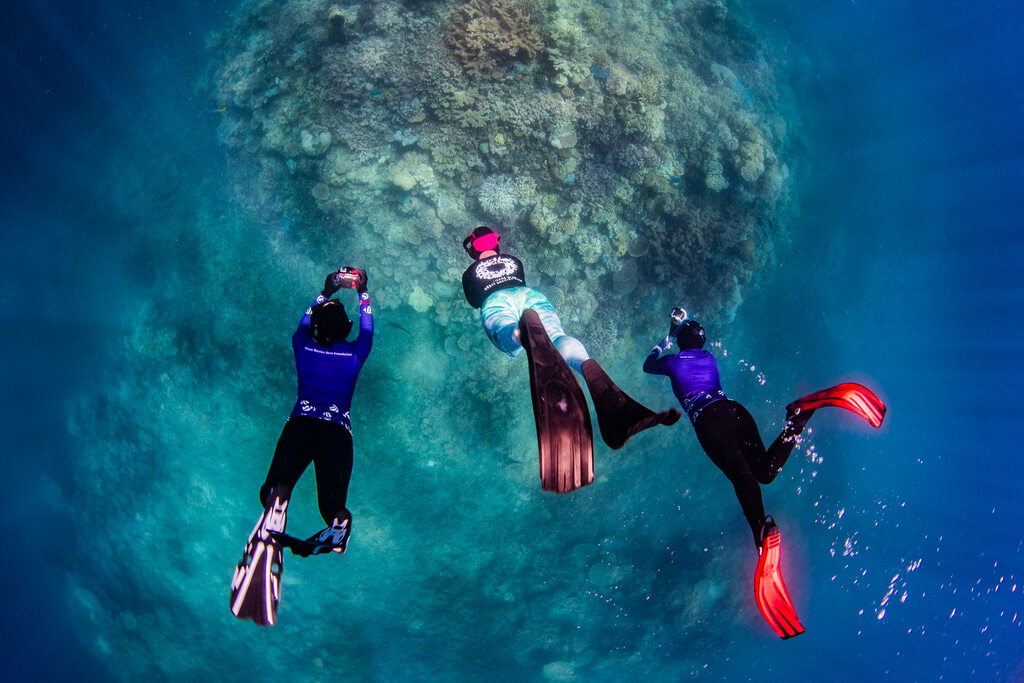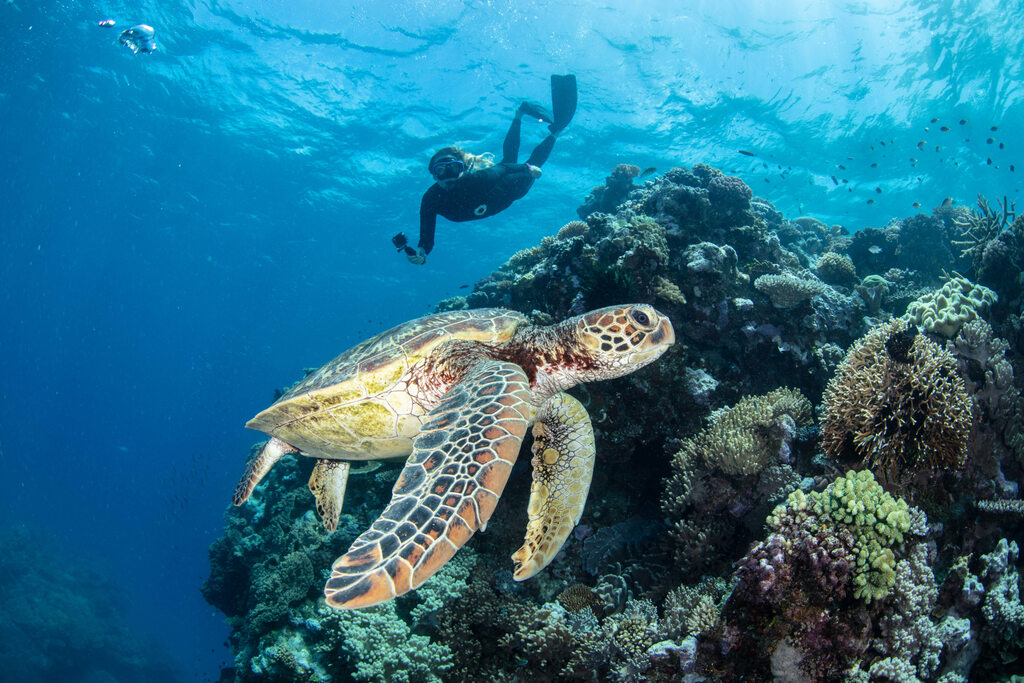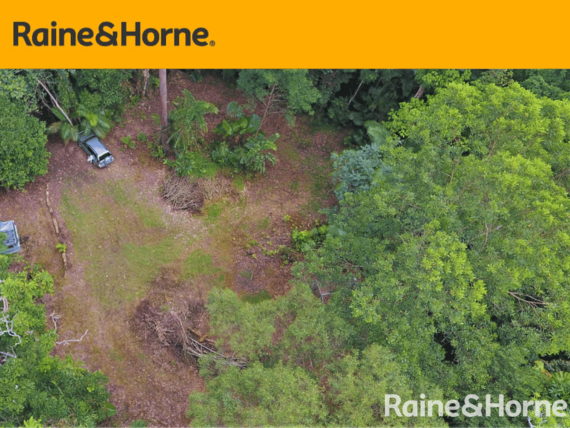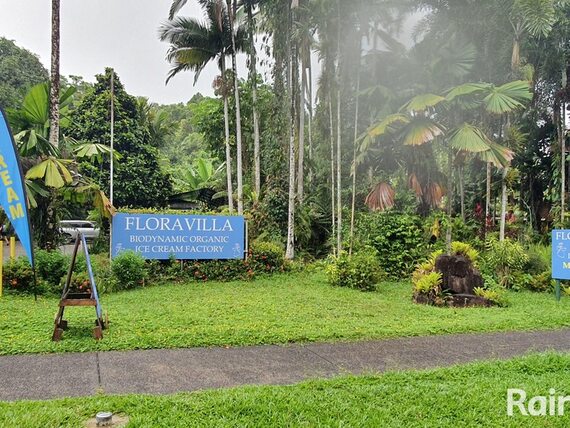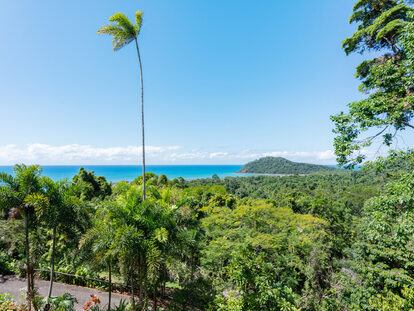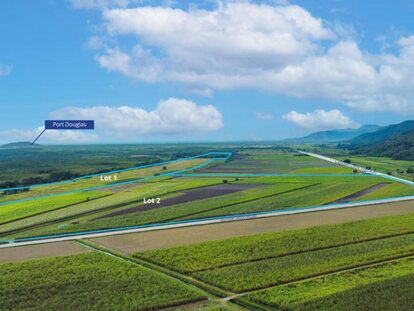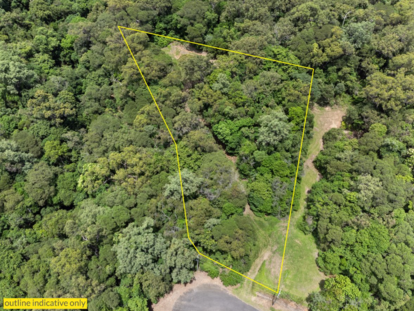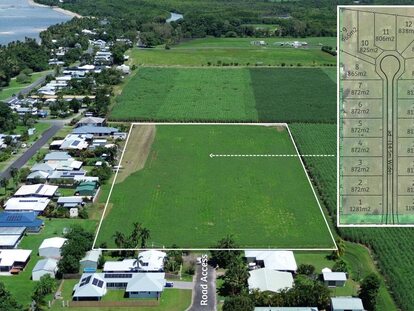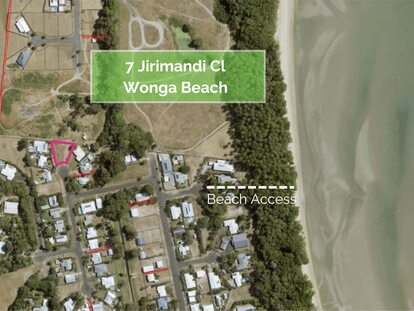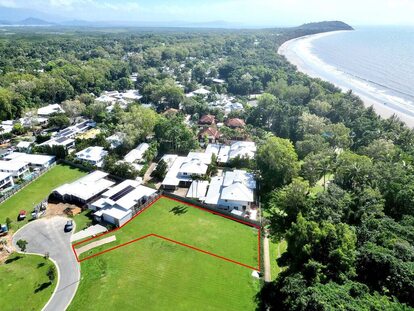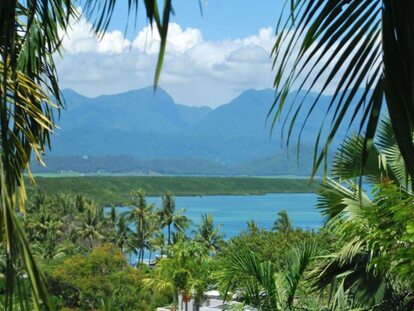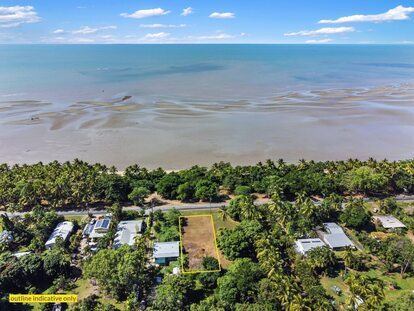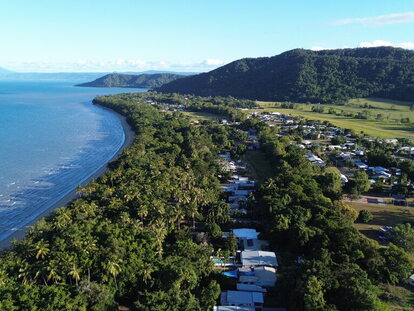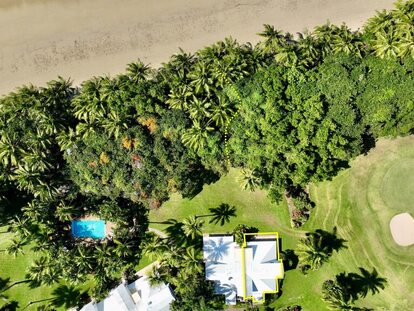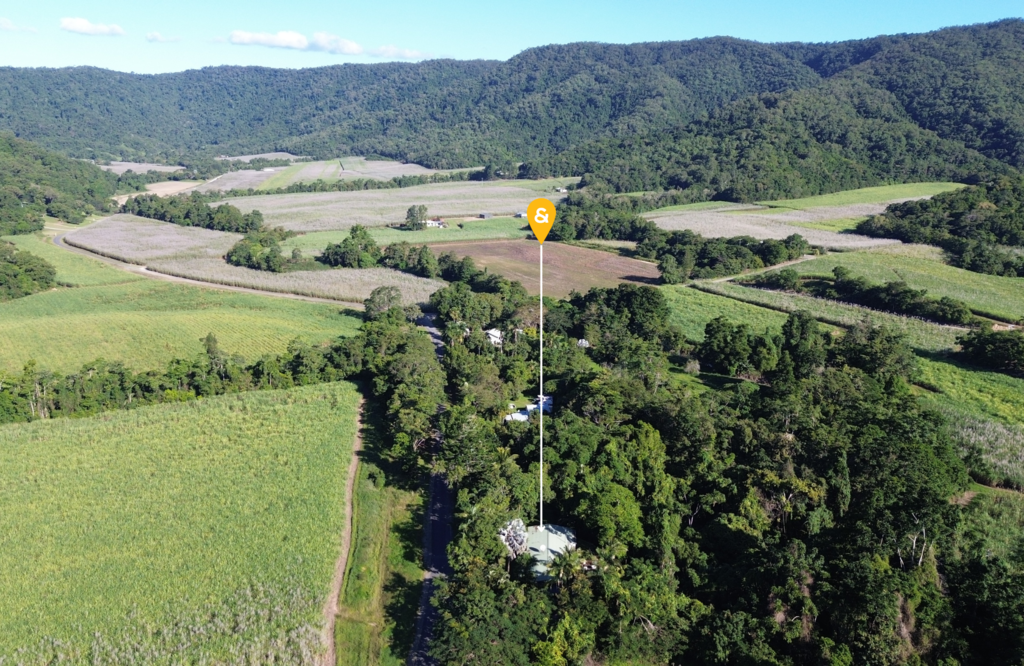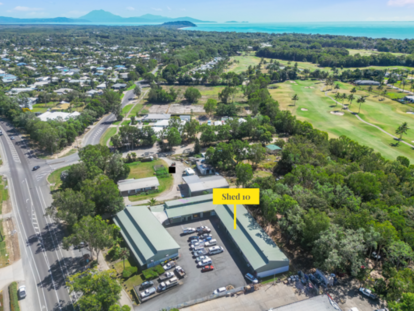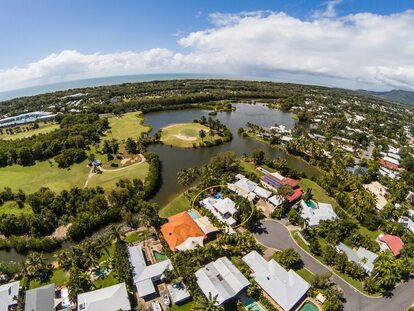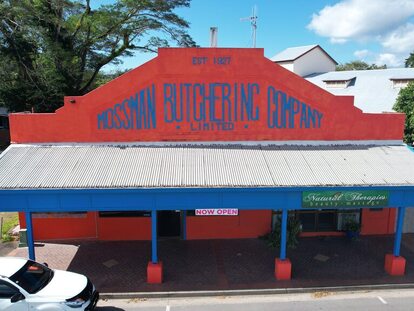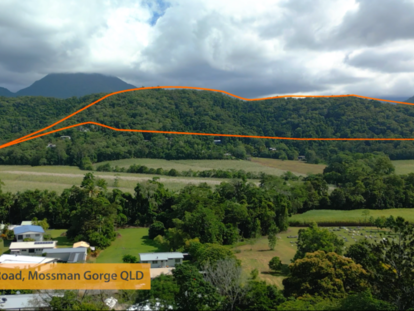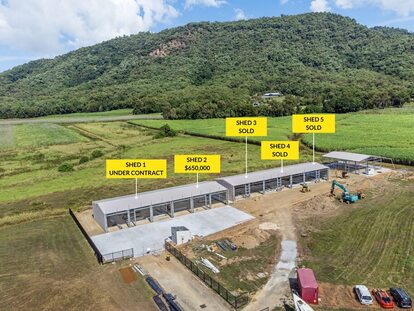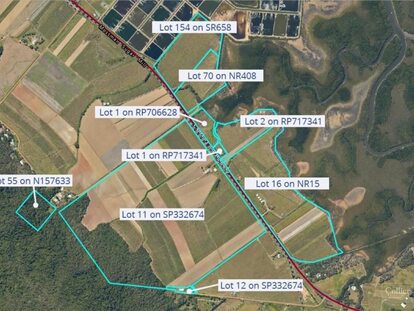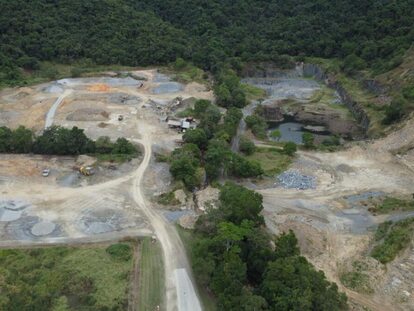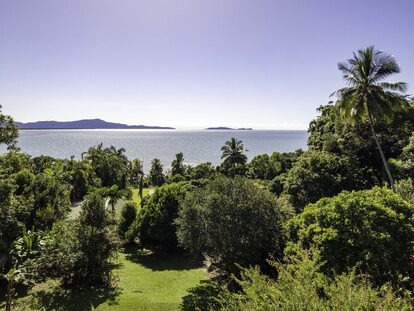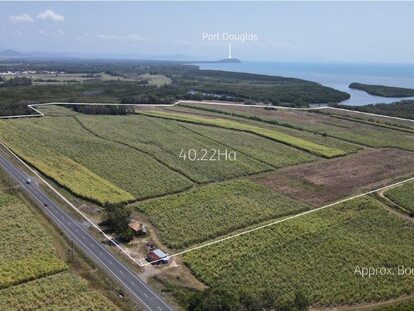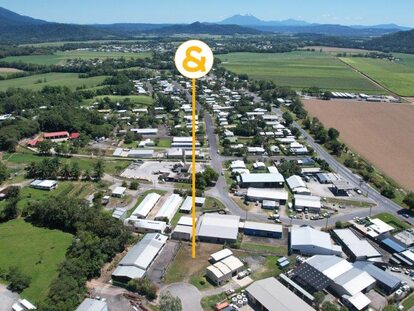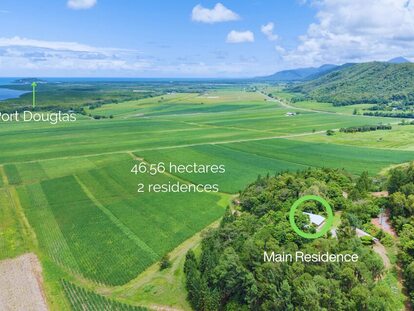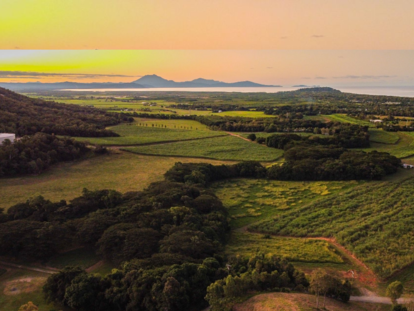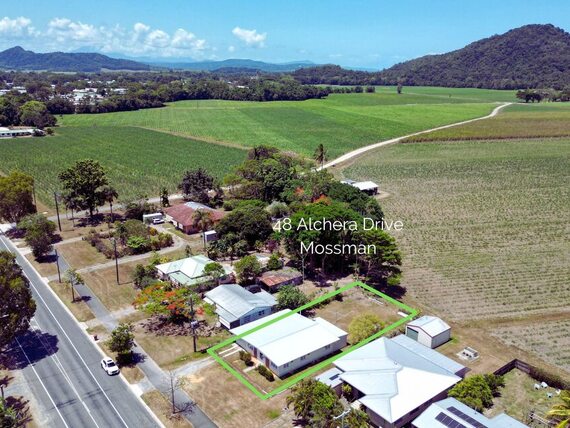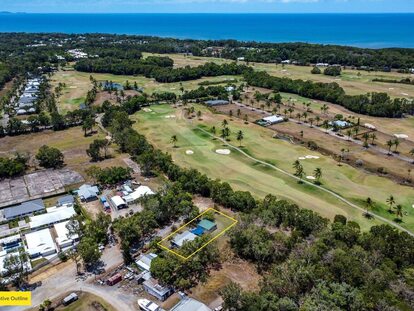|
(
17
)
|
Date
|
Start time
|
End time
|
Event name
|
Event description
|
Location
|
Cost
|
Website link
|
Event contact phone
|
Event contact email
|
Category (Maximum of 4 categories)
|
Terms and conditions
|
Name
|
Email
|
Phone
| |
|---|
| 1. |
Tuesday 31 December 2024
2024-12-31T00:00:00+10:00
|
9pm
|
2am
|
Reggaeton night
|
New Years Eve Party
|
Chillys pizza
|
10
| |
0740994444
|
[email protected]
|
Community Event
| |
Reggaeton night
|
[email protected]
|
0740994444
| |
| 2. |
Thursday 23 January 2025
2025-01-23T00:00:00+10:00
|
6pm
|
7:30pm
|
Easy As - Free social media workshop for small business
|
Calling all small business owners in Port Douglas!
Do you struggle to post on social media?
Do you find it confusing and time consuming with little to no results?
Do you want to appeal to tourists but not sure where to start?
Join me for a FREE social media workshop and let's tackle it together
I get it. Social media can be a headache. But, when used correctly it is also a very powerful tool to build an engaged community and drive customers directly to you.
The problem is, you're not quite sure how to do it. The good news is - I do.
IF YOU'RE
- Not sure where to start when it comes to posting
- Struggling to be consistent online
- Wanting to learn how to easily create engaging content
- Tired of spending hours on content and not getting results
WHAT YOU'LL LEARN
How to create content that grabs attention and attracts customers
The secrets to consistently showing up online without the overwhelm
Practical tips to grow your audience and boost engagement without spending a cent
How to plan, create, and schedule content like a pro
YOUR HOST
This workshop is hosted by Port Douglas-based content creator and journalist, Lisa Keller. Specialising in crafting engaging content and building loyal audiences, Lisa is passionate about sharing her knowledge to help small businesses grow their online presence.
|
Lean Her Gym - 1/11 Warner Street, Port Douglas
|
FREE
|
https://www.eventbrite.com.au/e/easy-as-the-basics-of-social-media-and-content-creation-tickets-1112432348099?aff=oddtdtcreator
|
0401423643
|
[email protected]
|
Workshop or Training
| |
Lisa Keller
|
[email protected]
|
0401423643
| |
| 3. |
Sunday 17 August 2025
2025-08-17T00:00:00+10:00
|
6:00am
|
4:00pm
|
K2PD
|
The K2PD Ultra & Relay Trail Race is an epic trail-running adventure from Kuranda to Port Douglas, showcasing the stunning landscapes of Tropical North Queensland. Runners traverse diverse terrains, including rainforests, woodlands, and coastal tracks, testing endurance and resilience. Join us for a challenging, unforgettable journey through pine forest, native bush and World Heritage Wet Tropics rainforests!
|
Kuranda to Port Douglas
|
$100 for SOLO or $50 per team member
|
https://www.dynamicrunning.com.au/k2pd/
|
0417798444
|
[email protected]
|
Sport Event
| |
Lorraine Lawson
|
[email protected]
|
0417798444
| |
| 4. |
Tuesday 31 December 2024
2024-12-31T00:00:00+10:00
|
10:00 pm
|
4:00 am
|
NEW YEAR'S 2024
|
Join us from 10 PM to 4AM for an unforgettable night with
DJ's @lewisdjofficial & @carewdj spinning the hottest tracks
|
Iron Bar, Port Douglas
|
*40 final price tickets online *$50 tickets at the door
|
www.ironbarportdouglas.com.au
|
07 4099 4776
|
[email protected]
|
Community Event
| |
Jessabel Dael
|
[email protected]
|
09979210220
| |
| 5. |
Sunday 29 December 2024
2024-12-29T00:00:00+10:00
|
1:00pm
|
4:00pm
|
Dave Cooke @ Ellis Beach Bar & Grill
|
It's Sunday Live Music at Ellis Beach Bar & Grill 1pm - 4pm.
An earthy blend of powerful vocals, acoustic guitar, lap slide guitar, didgeridoos and stomp box gives rise to a rich, full sound with interesting diversity and driving intensity.
What else is on?
• $2 Oysters available 1pm to 4pm unless sold out earlier
Don't feel like driving? Our courtesy bus will be operating 12:00pm - 6:00pm with pickups from Palm Cove, Clifton Beach, Kewarra Beach* & Trinity Beach*; Just call when you're ready to go!
*5 people or more
Check out our website for upcoming events, menus, specials and more!
https://ellisbeachbarandgrill.com.au/live-music-ellis-beach-cairns/
|
Ellis Beach Bar & Grill
| |
https://www.entertainmentcairns.com/ellis-beach-bar-grill
| | |
Free Event, Live Entertainment
| |
Jesse Mc
|
[email protected]
|
40553534
| |
| 6. |
Saturday 28 December 2024
2024-12-28T00:00:00+10:00
|
6:00pm
|
9:00pm
|
Koahlition Reggae Band @ Ellis Beach Bar & Grill
|
It's Saturday Live Music at Ellis Beach Bar & Grill 6pm - 9pm.
Koahlition are a colourful six piece, family oriented, reggae band playing upbeat, positive, roots, rock, reggae with a quirky Aussie twang and a South Pacific breeze. Their insightful originals are interwoven with ideas of social conscience, have dancing beats, driving bass and skankin' rhythms, infused with electric lead guitar and melodic, soulful harmonies. Being Australian Reggae, the bands' originals have a guitar oriented rocky edge.
What else is on this Saturday?
• FREE Pancakes for the Kids** - From 7am to 11.30am
• $25 Crispy Squid Plate - From 12pm - 8pm
Don't feel like driving? Our courtesy bus will be operating 12:00pm - 9:00pm with pickups from Palm Cove, Clifton Beach, Kewarra Beach* & Trinity Beach*; Just call when you're ready to go!
*5 people or more
Check out our website for upcoming events, menus, specials and more!
https://ellisbeachbarandgrill.com.au/live-music-ellis-beach-cairns/
**Purchase any main meal and your child eats for free, under 14yo. Not available in conjunction with any other specials/deals.
|
Ellis Beach Bar & Grill
| |
https://www.entertainmentcairns.com/ellis-beach-bar-grill
| | |
Free Event, Live Entertainment
| |
Jesse Mc
|
[email protected]
|
40553534
| |
| 7. |
Friday 27 December 2024
2024-12-27T00:00:00+10:00
|
5:30pm
|
8:30pm
|
Nicole Nighthawk @ Ellis Beach Bar & Grill
|
It's Friday Night Live Music at Ellis Beach Bar & Grill 5:30pm - 8:30pm.
Nicole is fast becoming known for her engaging live performances at popular venues in and around Cairns where she plays an impressive mix of crowd-favourites and original songs.
What else is on?
• $35 Rump Steak and Schooner or House Wine. From 12 – 8pm
Don't feel like driving? Our courtesy bus will be operating 5:00pm - 9:00pm with pickups from Palm Cove, Clifton Beach, Kewarra Beach* & Trinity Beach*; Just call when you're ready to go!
*5 people or more
Check out our website for upcoming events, menus, specials and more!
https://ellisbeachbarandgrill.com.au/live-music-ellis-beach-cairns/
|
Ellis Beach Bar & Grill
| | | | |
Free Event, Live Entertainment
| |
Jesse Mc
|
[email protected]
|
40553534
| |
| 8. |
Friday 14 February 2025
2025-02-14T00:00:00+10:00
|
10am
|
9pm
|
Wet Season Indoor Golf League
|
Wet Season Indoor Golf League continues today with the final round of the competition. If you missed out on registration, don't stress, you can still enter the competition every week. Competition starts on Friday at 10am and runs until the following Thursday at 6pm. All games will be conducted on our GSPro system which is the industry leader in graphics and gameplay. There is a weekly cash prize on offer, and you can bring a few drinks along as we are BYO.
|
Daddyshack PD golf shop, bottom of Grant St, Port Douglas. Opposite the Quicksilver building.
|
$25
|
ttps://www.facebook.com/groups/1231198597727923
|
0478208529
|
[email protected]
|
Sport Event
|
Competition is open to all golfers of all skill levels. In the event of a tie, there will be a nearest the pin sudden death to determine the winner. Rounds start at Friday 10am and run until Thursday 6pm.
|
Michael Walsh
|
[email protected]
|
0414741163
| |
| 9. |
Friday 7 February 2025
2025-02-07T00:00:00+10:00
|
10am
|
9pm
|
Wet Season Indoor Golf League
|
Wet Season Indoor Golf League continues today with round 9 of the competition. If you missed out on registration, don't stress, you can still enter the competition every week. Competition starts on Friday at 10am and runs until the following Thursday at 6pm. All games will be conducted on our GSPro system which is the industry leader in graphics and gameplay. There is a weekly cash prize on offer, and you can bring a few drinks along as we are BYO.
|
Daddyshack PD golf shop, bottom of Grant St, Port Douglas. Opposite the Quicksilver building.
|
$25
|
ttps://www.facebook.com/groups/1231198597727923
|
0478208529
|
[email protected]
|
Sport Event
|
Competition is open to all golfers of all skill levels. In the event of a tie, there will be a nearest the pin sudden death to determine the winner. Rounds start at Friday 10am and run until Thursday 6pm.
|
Michael Walsh
|
[email protected]
|
0414741163
| |
| 10. |
Friday 31 January 2025
2025-01-31T00:00:00+10:00
|
10am
|
9pm
|
Wet Season Indoor Golf League
|
Wet Season Indoor Golf League continues today with round 8 of the competition. If you missed out on registration, don't stress, you can still enter the competition every week. Competition starts on Friday at 10am and runs until the following Thursday at 6pm. All games will be conducted on our GSPro system which is the industry leader in graphics and gameplay. There is a weekly cash prize on offer, and you can bring a few drinks along as we are BYO.
|
Daddyshack PD golf shop, bottom of Grant St, Port Douglas. Opposite the Quicksilver building.
|
$25
|
ttps://www.facebook.com/groups/1231198597727923
|
0478208529
|
[email protected]
|
Sport Event
|
Competition is open to all golfers of all skill levels. In the event of a tie, there will be a nearest the pin sudden death to determine the winner. Rounds start at Friday 10am and run until Thursday 6pm.
|
Michael Walsh
|
[email protected]
|
0414741163
| |
| 11. |
Friday 24 January 2025
2025-01-24T00:00:00+10:00
|
10am
|
9pm
|
Wet Season Indoor Golf League
|
Wet Season Indoor Golf League continues today with round 7 of the competition. If you missed out on registration, don't stress, you can still enter the competition every week. Competition starts on Friday at 10am and runs until the following Thursday at 6pm. All games will be conducted on our GSPro system which is the industry leader in graphics and gameplay. There is a weekly cash prize on offer, and you can bring a few drinks along as we are BYO.
|
Daddyshack PD golf shop, bottom of Grant St, Port Douglas. Opposite the Quicksilver building.
|
$25
|
ttps://www.facebook.com/groups/1231198597727923
|
0478208529
|
[email protected]
|
Sport Event
|
Competition is open to all golfers of all skill levels. In the event of a tie, there will be a nearest the pin sudden death to determine the winner. Rounds start at Friday 10am and run until Thursday 6pm.
|
Michael Walsh
|
[email protected]
|
0414741163
| |
| 12. |
Friday 17 January 2025
2025-01-17T00:00:00+10:00
|
10am
|
9pm
|
Wet Season Indoor Golf League
|
Wet Season Indoor Golf League continues today with round 6 of the competition. If you missed out on registration, don't stress, you can still enter the competition every week. Competition starts on Friday at 10am and runs until the following Thursday at 6pm. All games will be conducted on our GSPro system which is the industry leader in graphics and gameplay. There is a weekly cash prize on offer, and you can bring a few drinks along as we are BYO.
|
Daddyshack PD golf shop, bottom of Grant St, Port Douglas. Opposite the Quicksilver building.
|
$25
|
ttps://www.facebook.com/groups/1231198597727923
|
0478208529
|
[email protected]
|
Sport Event
|
Competition is open to all golfers of all skill levels. In the event of a tie, there will be a nearest the pin sudden death to determine the winner. Rounds start at Friday 10am and run until Thursday 6pm.
|
Michael Walsh
|
[email protected]
|
0414741163
| |
| 13. |
Friday 10 January 2025
2025-01-10T00:00:00+10:00
|
10am
|
9pm
|
Wet Season Indoor Golf League
|
Wet Season Indoor Golf League continues today with round 5 of the competition. If you missed out on registration, don't stress, you can still enter the competition every week. Competition starts on Friday at 10am and runs until the following Thursday at 6pm. All games will be conducted on our GSPro system which is the industry leader in graphics and gameplay. There is a weekly cash prize on offer, and you can bring a few drinks along as we are BYO.
|
Daddyshack PD golf shop, bottom of Grant St, Port Douglas. Opposite the Quicksilver building.
|
$25
|
ttps://www.facebook.com/groups/1231198597727923
|
0478208529
|
[email protected]
|
Sport Event
|
Competition is open to all golfers of all skill levels. In the event of a tie, there will be a nearest the pin sudden death to determine the winner. Rounds start at Friday 10am and run until Thursday 6pm.
|
Michael Walsh
|
[email protected]
|
0414741163
| |
| 14. |
Friday 3 January 2025
2025-01-03T00:00:00+10:00
|
10am
|
9pm
|
Wet Season Indoor Golf League
|
Wet Season Indoor Golf League continues today with round 4 of the competition. If you missed out on registration, don't stress, you can still enter the competition every week. Competition starts on Friday at 10am and runs until the following Thursday at 6pm. All games will be conducted on our GSPro system which is the industry leader in graphics and gameplay. There is a weekly cash prize on offer, and you can bring a few drinks along as we are BYO.
|
Daddyshack PD golf shop, bottom of Grant St, Port Douglas. Opposite the Quicksilver building.
|
$25
|
ttps://www.facebook.com/groups/1231198597727923
|
0478208529
|
[email protected]
|
Sport Event
|
Competition is open to all golfers of all skill levels. In the event of a tie, there will be a nearest the pin sudden death to determine the winner. Rounds start at Friday 10am and run until Thursday 6pm.
|
Michael Walsh
|
[email protected]
|
0414741163
| |
| 15. |
Friday 27 December 2024
2024-12-27T00:00:00+10:00
|
10am
|
9pm
|
Wet Season Indoor Golf League
|
Wet Season Indoor Golf League continues today with round 3 of the competition. If you missed out on registration, don't stress, you can still enter the competition every week. Competition starts on Friday at 10am and runs until the following Thursday at 6pm. All games will be conducted on our GSPro system which is the industry leader in graphics and gameplay. There is a weekly cash prize on offer, and you can bring a few drinks along as we are BYO.
|
Daddyshack PD golf shop, bottom of Grant St, Port Douglas. Opposite the Quicksilver building.
|
$25
|
ttps://www.facebook.com/groups/1231198597727923
|
0478208529
|
[email protected]
|
Sport Event
|
Competition is open to all golfers of all skill levels. In the event of a tie, there will be a nearest the pin sudden death to determine the winner. Rounds start at Friday 10am and run until Thursday 6pm.
|
Michael Walsh
|
[email protected]
|
0414741163
| |
| 16. |
Tuesday 31 December 2024
2024-12-31T00:00:00+10:00
|
07 PM
|
02 AM
|
Welcome 2025 - WHITE PARTY!
|
Join us for an unforgettable New Year’s Eve celebration at the iconic Sugar Wharf, the best spot in town to catch the spectacular midnight fireworks! Enjoy a night filled with food, drinks, and incredible music from live DJ sets, running from 7 PM until 2 AM. Don’t miss this unforgettable night of fun, celebration, and festivities!
White dresscode. Ticketed event only. +18 Event.
|
Sugar Wharf, Port Douglas
|
$40
|
https://www.trybooking.com/cxobz
|
0475597520
|
[email protected]
| | |
Francisco Alfonso
|
[email protected]
|
0475597520
| |
| 17. |
Wednesday 25 December 2024
2024-12-25T00:00:00+10:00
|
11am
|
2pm
|
Community Christmas Day Lunch
|
A sumptuous Christmas Day feast, with an invitation to any person in the Douglas Shire who would like to share in the holiday cheer. Come along for a delicious meal, a Christmas present lucky dip and plenty of good cheer and friendship. We are grateful to our contributors to the event that help us make it cost free for all attendees.
|
Mossman Shire Hall, 6 Mill Street Mossman
|
Free
|
www.mossmansupportservices.orga.u
|
0740982836 (option 1)
|
[email protected]
|
Community Event, Family Event, Food & Wine Event, Free Event
| |
Erica Mast
|
[email protected]
|
0740982836
| |
